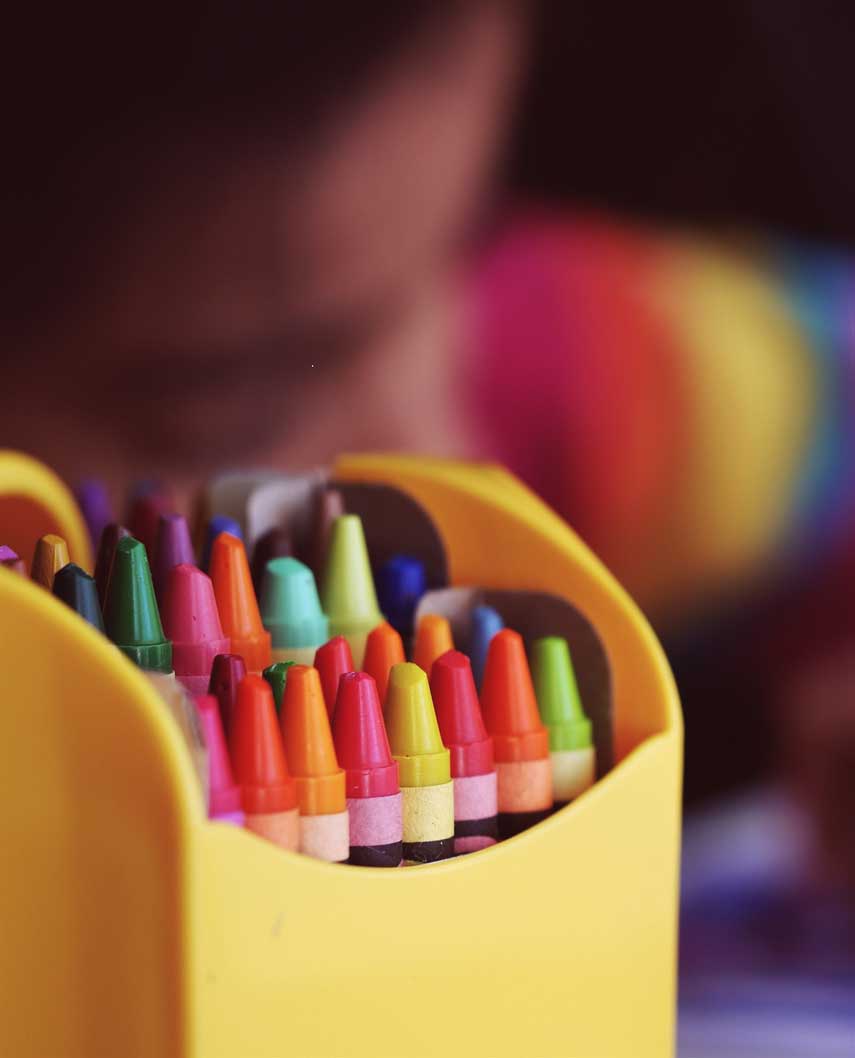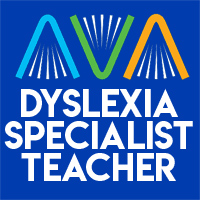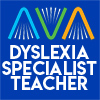Frequently asked questions
Frequently asked questions
We provide assessments for 7 to 15 year olds.
Tutoring is available for both primary and Secondary level students
Our recommendation is at least two sessions per week for 8 to 10 weeks.
Because of the nature of reading difficulties it is likely that the learner will need further support at a later stage.
Stage 1 Chat/Initial Consultation
This is a phone call to discuss the challenges that the child is having with reading and /or writing/ learning. This important part of the process establishes if this is a suitable assessment for your child. Fees and finance are discussed here.
Stage 2 Information Gathering
At this stage a picture of the child’s learning experiences to date is built up with information from parents/guardians, school and any other agencies, and where relevant from the child themselves. This information is gathered either through further conversation, or by filling in a form.
Stage 3 Assessment
The assessment takes place in a quiet office in the assessor’s home. It takes about three hours to complete with a short break. For younger children two separate sessions, on different days, may be offered. During the assessment the assessor will carry out a series of tests to explore aspects of ability such as:
- Reading, writing and spelling
- Handwriting and fine motor skills
- Awareness of sounds and ability to put them together and take them apart
- Speed of processing and memory
The various aspects are presented as a series of puzzles/activities. They give a picture of how the child works things out and the children are encouraged to give it their best shot.
Stage 4 Assessment Report
The aim of the assessment is to formally diagnose dyslexia, supported by information from the tests. The findings will be presented in a detailed report that will be discussed at a meeting that takes place about one month following assessment. This will focus on the strengths and needs of the learner and make recommendations to support the child in the best way possible. These are a range of ideas to make school and learning easier!
Assessment, at any stage, can help the individual to understand that there is a reason why they are struggling with reading and that it is not related to their ability. This understanding is crucial for positive self esteem.
The system for allocating support in schools has changed in recent years. No longer does a child need to have a diagnosis of a recognised learning difficulty for them to be eligible to have support for learning. The school has the flexibility to respond to the learning needs of the children as they see fit. The detailed information that is provided in the report can be used in the development of a Support Plan.
No, schools can now make the decision on whether an exemption should be granted.
No, once the certificate of exemption has been granted by the school the exemption can be carried forward to secondary school and on to third level.
There are many benefits. The Dyslexia Specialist has accredited qualifications to assess the child, has experience of working with children as a teacher in the area of literacy, and uses both skill sets to develop a suitable programme to meet the needs of the individual child.
Subject to availability, the Dyslexia Specialist may be able to offer specialised tuition to the child and implement an individual programme.


